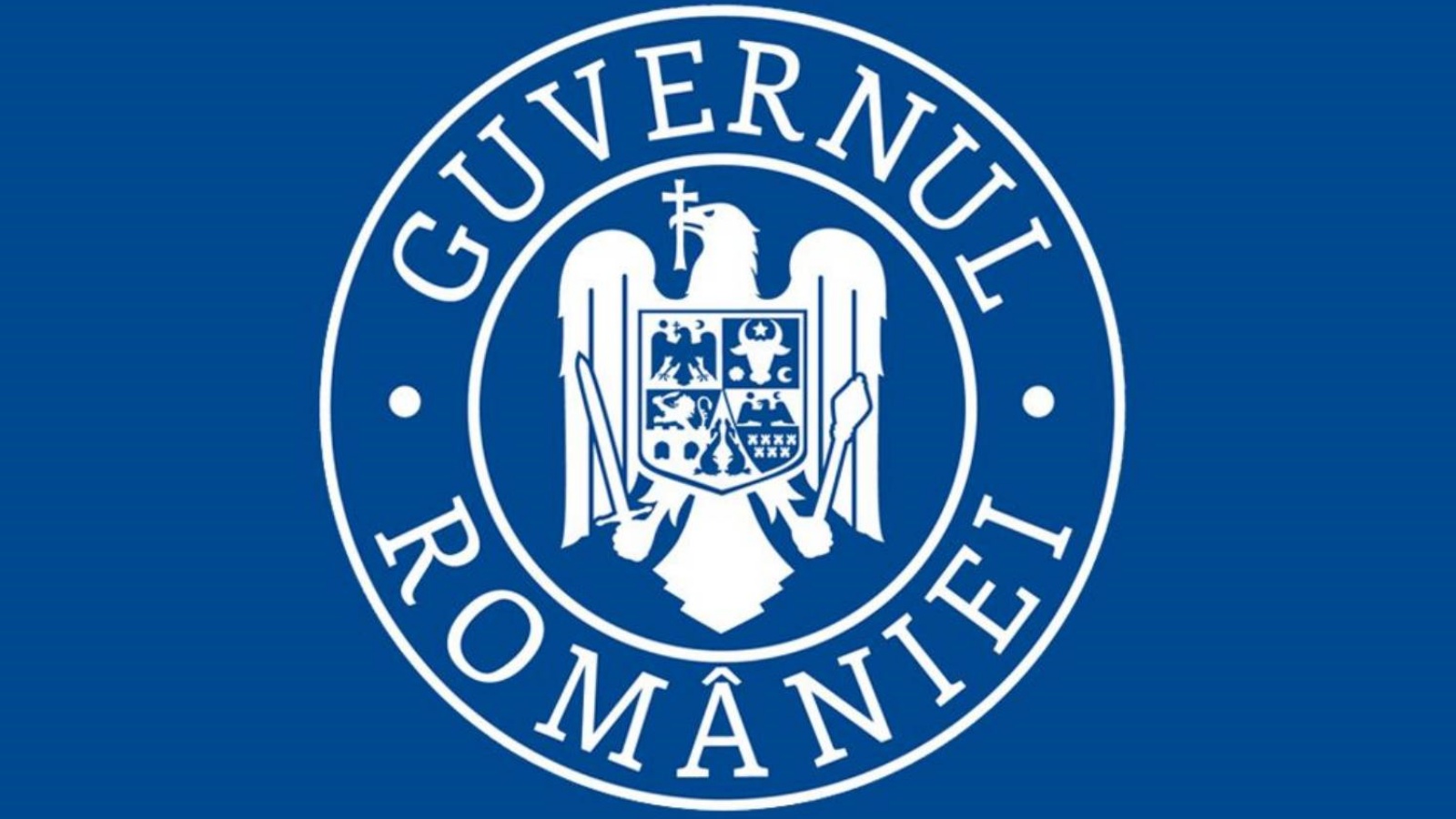DNSC has issued a new extremely serious warning for Romanians throughout the country, and this time it brings to people's attention a problem that is becoming bigger and bigger, more precisely a cyber attack through which malware is distributed, or is thought to steal personal data.
Trap messages like 'YOU ARE IN THIS VIDEO CLIP' are starting to reappear, and the malicious campaign is spreading through social media messages, mainly on Facebook. Carefully read any message containing links or attachments before taking any action!
DO NOT access the link in such messages, even if the sender is a friend or acquaintance. Most likely, the owner of that account fell into the trap and accessed that link, and the message was automatically sent to all the contacts in the address book. On a different communication channel, explain to them that they accessed a malicious link and will need to take a series of steps to secure their device and account access.
If you clicked on that link or see that such messages have been sent from your account, the Directorate team recommends that you:
Change your Facebook account password immediately and enable 2-step authentication (2FA).
Make sure that no permissions have been granted to third-party apps from Facebook. For this, you need to log in to your Facebook account and navigate to the Settings & Privacy category and then Settings. Afterwards, go to the Permissions category and tap Apps and Websites to check which apps you've given access to. Remove those apps that you consider suspicious. Tap that app, then tap the Remove button to protect your account from unauthorized access to suspicious third-party apps.
Check the apps installed on your device to make sure no new, unknown ones have been added.
Check your privacy settings to make sure there have been no changes, paying close attention to the Facebook app and locations you don't recognize where your social media account appears as logged in.
Scan your device with a security solution (antivirus).








